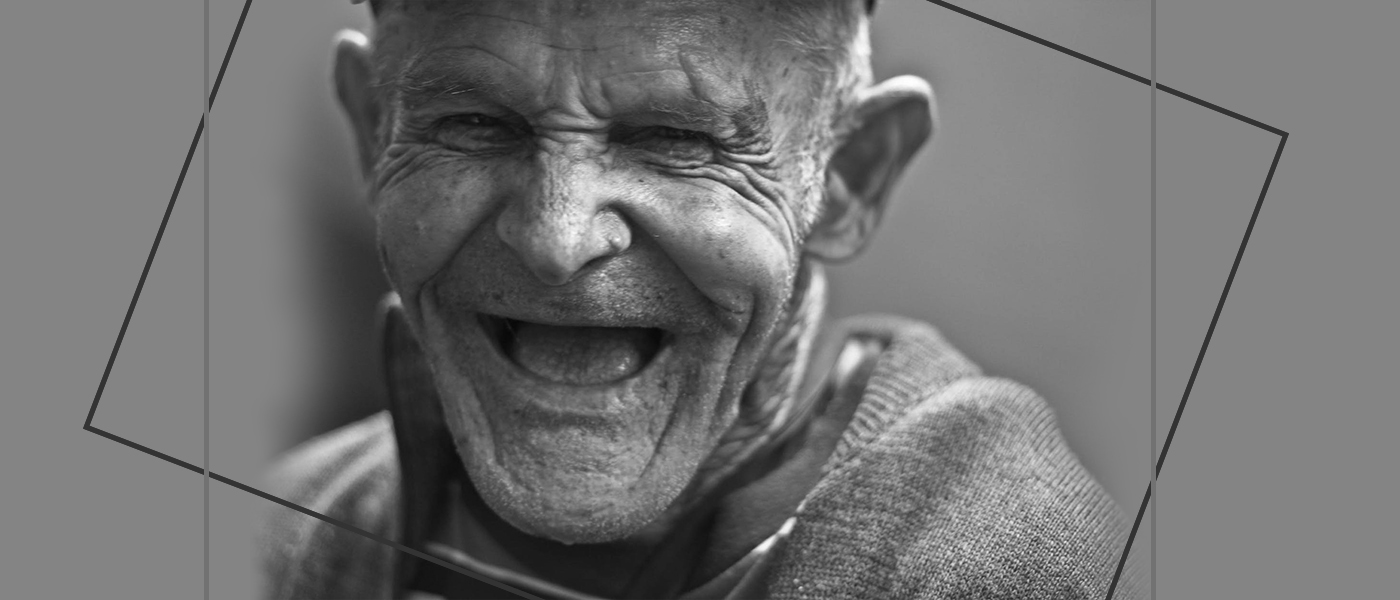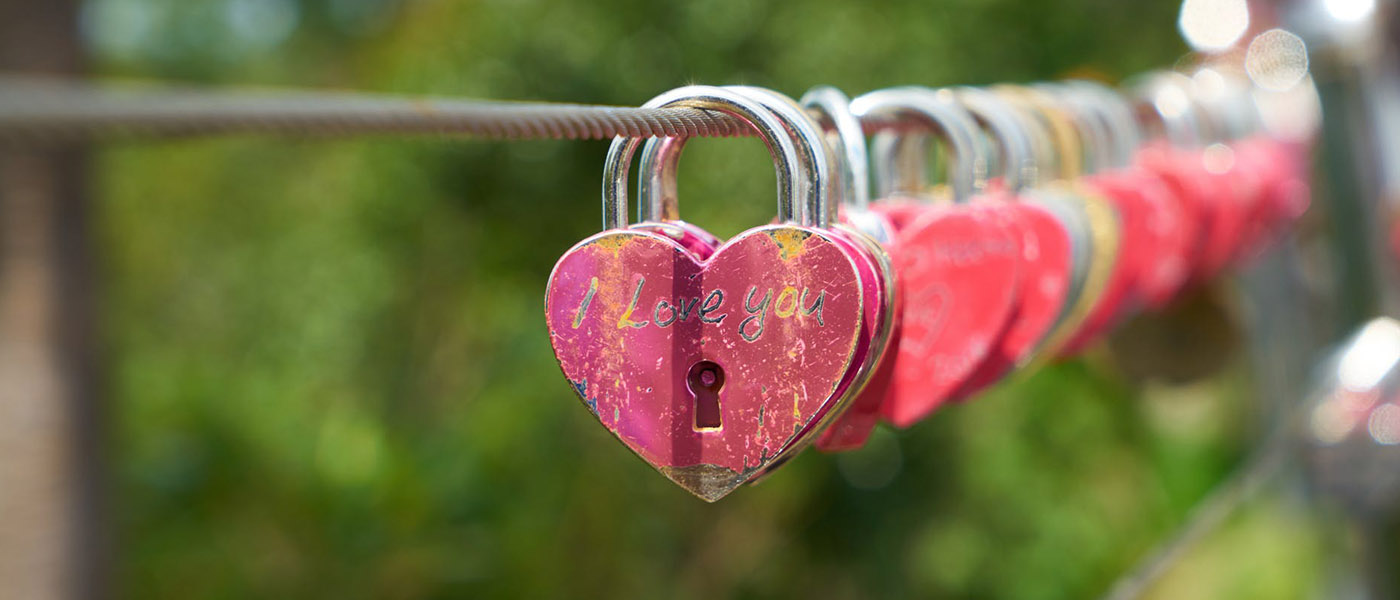

How do Muslims treat the elderly?
Islam is a comprehensive way of life, and one of the characteristics through which it is distinguished from many other religions is that it encompasses every aspect of a Muslim’s life. Islam teaches Muslims to respect the elderly whether they are parents, relatives, or any other old person. This is because caring for the elderly in Islam is considered an important obligation through which one seeks closeness to Allah.
Status of the Elderly in Islam
There is no doubt in the special status of the elderly in Islam, as there are several texts, which urge Muslims to respect and honor them. An elderly person has a high status before Allah and His Prophet particularly if he is a believer.
In the Quran, Allah says:
“ And whomever We give a long life, We cause him to regress in creation. ; …?”(36:68)
From the verse, it is obvious that the inception of old age is a period of decline – decline comes partly from physical and partly from psychological factors. Thus, at this critical stage of life, Islam recommends adequate caring for them because they are like a prophet in a family and a blessing in the society. The Holy Prophet (PBUH&HP) said:
“The elderly among his family is like a Prophet among his community” [1]
Moreover, honoring the elderly is synonymous with honoring Allah and His Prophet. In this regards, the Holy Prophet (PBUH) was reported to have said:
“Honor the elderly because honoring them is part of honoring Allah” [2]
Meanwhile, Imam Sajjad (AS) while describing the right of the elderly in his book ‘Treatise on rights’ said:
“The right of him who is older than you is that you show reverence toward him because of his age and you honor him because he entered Islam before you. You leave off confronting him in a dispute, you do not precede him in a path, you do not go ahead of him, and you do not consider him foolish. If he should act foolishly toward you, you put up with him, and you honor him because of the right of Islam and the respect due to it”[3].
Similarly, Islam commands a Muslim to honor and respect senior citizens because honoring the elderly will guarantee the protection against every calamity on the Day of Resurrection. The Holy Prophet (PBUH&HP) said:
“Whoever honors the gray hair due to an old age, Allah will definitely save him from the panic of the Day of Judgment”[4].
Manners of Handling the Elderly in Islam
Islam is the fountain of mercy, sentiments, and sympathy. Hence, it is not strange to see Islam paying attention to the elderly and instructing a Muslim to give them compassion. There are texts from the Quran, the sayings of the Holy Prophet (PBUH&HP) and his pure Household (AS) on how a Muslim should treat an elderly person. These include:
Always honors and be merciful to the elderly. For respecting them is considered a form of worship in the sight of Allah while disrespecting them is absolutely rebuked, and it is against the pristine teachings of Islam.
In case of necessity, always render assistance to the elderly [5].
Consult the elderly for guidance on personal and collective decisions, for they are guides in a family and the society similar to a Prophet of God.
Never insult or scold an elderly. Because a disrespect to them is reprimanded by Allah, the Holy Prophet (PBUH&HP) and his pure Household (AS).
Allow our elderly to live with us. It is a bad habit to send them to nursing homes just because they are considered as nuisances to the society.
Conclusion
Respecting the elderly and honoring them are among the characteristics of a Muslim society. Therefore, it is expected of every Muslim to imbibe the culture of respecting old people whether they are parents, relatives or not. Likewise, we should always acknowledge and appreciate their presence within us especially our parents. The presence of the elderly either in the family or the society is a blessing from Allah. Their presence will bring peace, happiness, concord, tranquility, mercy, and reward from Allah. It is indeed an un-Islamic practice to consider our elderly a public nuisance and eject them from our midst.
References:
- Bihar al-Anwar, Vol. 72, P. 137.
- Wasail al-Shiah, Vol. 12, P. 100.
- Treaties on Rights, Right 44 (i.e. The right of the one older than you)
- Mustadrak Wasail, Vol. 8, P. 391.
- Al-Kafi, Vol. 2, P. 165; Jami at-Tirmidhi, Hadith 1919.
Share This Article

Is It Permitted to Marry a Transgender in Islam?
Transgender in islam and their marriage is one of the new issues of our era. It does not mean that at the time of Prophet (PBUH&HP) no one was hermaphrodite. But the science of changing the sex into male or female, or curing this disorder to some extent had not been known yet. Therefore there is no verse or narration regarding this issue.
But how do we find out if transgender marriage is allowed (Halal) or forbidden (Haram) according to Islamic jurisprudence?
Transsexuals and Hermaphrodites
People who are known to be transsexual (a person who emotionally and psychologically feels that they belong to the opposite sex) or hermaphrodite (a person having both male and female sex organs or other sexual characteristics) are different from those who decide to be homosexual (lesbian or gay). Nevertheless, some of those who have homosexual tendencies may suffer from hermaphrodite disorders as well.
But the improvement of science these days has made it possible for transsexuals and hermaphrodites to go through a sex reassignment surgery (SRS) in which they can change their gender into the one they feel they belong to(obviously according to the physician’s opinion).
Since not having the operation and changing the sex may cause the person to commit a sin, or personal and social damages, it would be best if they can go through a sex reassignment surgery (SRS) and reduce these harms.
The Pessimistic Look at Transsexuals and Hermaphrodites
While transsexuality and hermaphrodites are obvious to be human disorders, most sufferers experience hostile encounters in the society. It is important for the society, especially for Muslim communities, to become familiar with their issues and support them in a way that they can have a normal life alongside others.
One of the most offending manners towards them is to accuse them of having immoral sexual behaviors. It should be very well understood by the society that accusing them of adultery is a forbidden (Haram) act according to Islam. We should keep in mind that they are human beings with all the rights and needs of a human.
The only difference is that they suffer from a disease, which makes them even more vulnerable. Hence they need special support from the society; such as disability support services provided by the government.
Is Marrying a Transgender in Islam Forbidden (Haram)?
Since marriage, according to Islam and all the other Abrahamic religions is based on sexual differences, it is clearly false for a Muslim to marry a person with unknown gender. If a Man marries a transsexual with unknown gender, he cannot be sure if he has married a male or a female, therefore, that should become clear before marriage.
But if the sufferer has gone through the sex reassignment surgery (SRS) and the gender is now obvious, then there is no problem for a Muslim man or a Muslim woman to marry such a person under the Islamic rules of marriage.
However, they should both be aware that people who change their gender, will not be able to have children at all. (We hope that human knowledge can solve this issue in the near future). So, people who have had a sex reassignment surgery (SRS) should inform their “spouse to be” of their surgery and the consequences of the operation.
To conclude, we understand that marriage between or to a transgender -after the operation- is allowed (Halal) according to Islam and the couples may be able to shape a great family in which they feel comfort and relief. And if they wish to have children, they could always adopt a child which is strongly recommended in Islam.
Read More

Family Ties in the Islamic Family
Almost all religions have recommended the maintenance of family ties, but in the Islamic family, it has taken to unprecedented heights. Various Qur'anic verses and narrations (Hadiths) have emphasized maintaining the bonds of kinship (called Silatur-Rahim in Islam) and instruct Muslims to be kind, merciful, affectionate and caring towards parents and relatives; even to non-Muslim relatives or to those who are harsh to them. Why has so much importance been given to family ties in Islam? Who are concerned? What consequences does ignoring this important Islamic advice bring about? Here these and many similar questions are answered.
What is Family Ties (Silatur-Rahim)?
According to definitions with regard to Islamic family, Rahim [i] is anyone who becomes a relative through blood ties with one’s father, mother, uncle, and aunt, or through marriage [1]. And, Silat means kindness and affection. Simply said, Silatur-Rahim means being kind to family and relatives, and keeping a good relationship with them [1].
The Importance of Family Ties
Family kinship, with respect to the structure of Islamic family, is of paramount importance and is known to be the fastest-paid prayer. It brings about a quick reward in this world as well as an afterlife reward. Even the members of a family who are all sinful acquire more wealth by maintaining family ties, and their lives will last longer by doing good to each other [2].
In Surah Nisa it is said: “Be wary of Allah, in whose Name you adjure one another and [of severing ties with] blood relations.” (4:1). In another verse of the Quran, the pledge taken from the Children of Israel that includes worshipping God and being good to relatives is reminded (2:83). Muslims are also told to worship God and be good to parents and the relatives in another verse (4:36). The command to keep family ties right after the instruction of piety and worshipping God in these verses demonstrates that Silatur-Rahim is almost as important as piety in Islam.
In a narration, Prophet Muhammad (PBUH&HP) said that: “I command all the people of my followers (Umma), whether present or not, and those generations which are to come till the Day of Judgement (Qiyama), …, to maintain family kinship even if they live at a distance of a year's journey.” [3]. In another narration, Prophet (PBUH) states that the best of people in morality and behavior are the ones who resume their relationships with a relative who has cut the relation with them [4].
These verses and narrations about family kinship in the Islamic family together with many other ones illustrate the importance of this matter in Islam.
Keeping Family Ties in the Islamic Family: Who are Concerned?
Being a moral and divine duty over every human being, keeping family ties concerns both faithful and unfaithful relatives. Hence, even if parents and other relatives are not religious, one should respect them and try to fulfill their needs.
Imam Sadiq (AS) was asked about the rights of the relatives over one, he (AS) answered: “If they are of the opposite religious ideas, they have family rights that nothing can stop it; and if they are of the same religious believes, they have two rights: family rights and Islamic rights"[5]. When a man asked Prophet Muhammad (PBUH) about how to treat a relative who had harmed and insulted him, the Prophet (PBUH) answered: “Resume your relationship with the one who has broken family bonds with you, grant the one who has deprived you and forgive the one who has harmed you. Whenever you do so, God will protect you against them” [6].
However, the relationship with unfaithful and irreligious relatives, according to the Islamic family, can be maintained as far as it does not lead to committing an unlawful (Haram) act or disobeying other divine commands, otherwise, keeping family ties with unfaithful relatives is not even allowed [7].
The Priorities of Family Ties in the Islamic family
One might have numerous relatives and need to know who should be visited first or whose rights are more important than others’. The priorities are as follows in Islam: parents (and mother is the priority between them); sisters and brothers; relatives through blood ties (uncles, aunts, cousins, etc.); and, relatives through marriage (in-law family, etc.) [8].
To indicate the importance of this ranking, Prophet (PBUH) said: “If one gets five loaves of bread, or five dinars or five dates and wants to consume them, the best way is to donate them to parents. Secondly to use them himself and his family, and then giving them to poor relatives. Then donating to poor neighbors and finally voluntarily giving in the way of God; which is least rewarded.” [9]. It means that these five kinds of donations will be all rewarded since they are in obedience to God’s commands and in His way, but voluntary charity (Sadaqah) is less paid [10].
Imam Hussain (AS) has narrated from Prophet (PBUH) that: “to pay family rights, begin from your own family: first your mother, father, sister, and brother; then other relatives depending on how close they are to you” [11].
Continues Reading: What Does Islam Say about Maintaining Family Ties: Part 2
Notes:
[i] Rahim is a word derived from Allah's special quality, Ar-Rahman (The Compassionate One).
References:
- islamic family
- Ibn Babawayh, “Al-Khisal”, p. 124.
- Shaykh al-Kulayni, “Al-Kafi”, vol. 2, p. 151.
- A. Javadi Amoli, “Mafatih al-hayat”, p. 212.
- Shaykh al-Kulayni, “Al-Kafi”, vol. 2, p. 157.
- Shaykh al-Kulayni, “Al-Kafi”, vol. 2, p. 150.
- A. Javadi Amoli, “Tasneem Tafsir”, vol. 2, p. 560-561.
- A. Javadi Amoli, “Mafatih al-hayat”, p. 219.
- Shaykh al-Kulayni, “Al-Kafi”, vol. 5, p. 65.
- A. Javadi Amoli, “Mafatih al-hayat”, p. 220.
- Shaykh al-Mufid, “Al-Ikhtisas”, p. 219.
Read More

